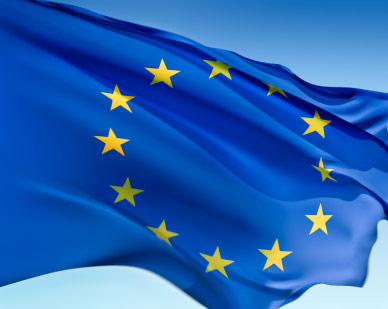The civil rights organisations from 17 countries have published an open letter protesting against any moves to overturn network neutrality.
They are voicing concerns about comments made byMargrethe Vestager, the European Commissioner about possible changes to the “the regulatory framework underpinning the free and open internet.” The letter is addressed to Vestager and the EU Internal Markets Commissioner, Thierry Breton, and argues against the so-called Sending Party Pays model which is under consideration by the Commissioners.
The 34 signatories said trying to force the like of Alphabet/Google, Apple, Netflix and Meta/Facebook et al to pay would undermine network neutrality, a somewhat ill-defined notion about all internet traffic being handled on a non-discriminatory basis by those who run networks.
Vestager made the comments in response to a study, Europe’s internet ecosystem: socio-economic benefits of a fairer balance between tech giants and telecom operators, commissioned and published in May by the European Telecommunications Network Operators’ Association (ETNO). The study generated a lot of publicity, controversially stating that a handful of Big Tech companies generate a huge proportion of all network traffic in Europe which costs the operators tens of billions of euros to carry it and keep building out more capacity.
The study had already received criticism from several quarters. The 34 signatories said Vestager should not be swayed by “the short-sighted and self-interested demands of the telecom industry and to ensure a free and open internet.” The open letter points out that the current regulatory framework enables Europeans to use the bandwidth they pay for however they wish.
The letter closes with, “European telecom companies are already compensated by their own internet service customers for transporting this data over their access networks; they simply want to be paid twice for the same service”.
The letter was coordinated by epicenter.works of Austria, with signatories including European Digital Rights, Civil Liberties Union for Europe, Electronic Frontier Foundation and more.



